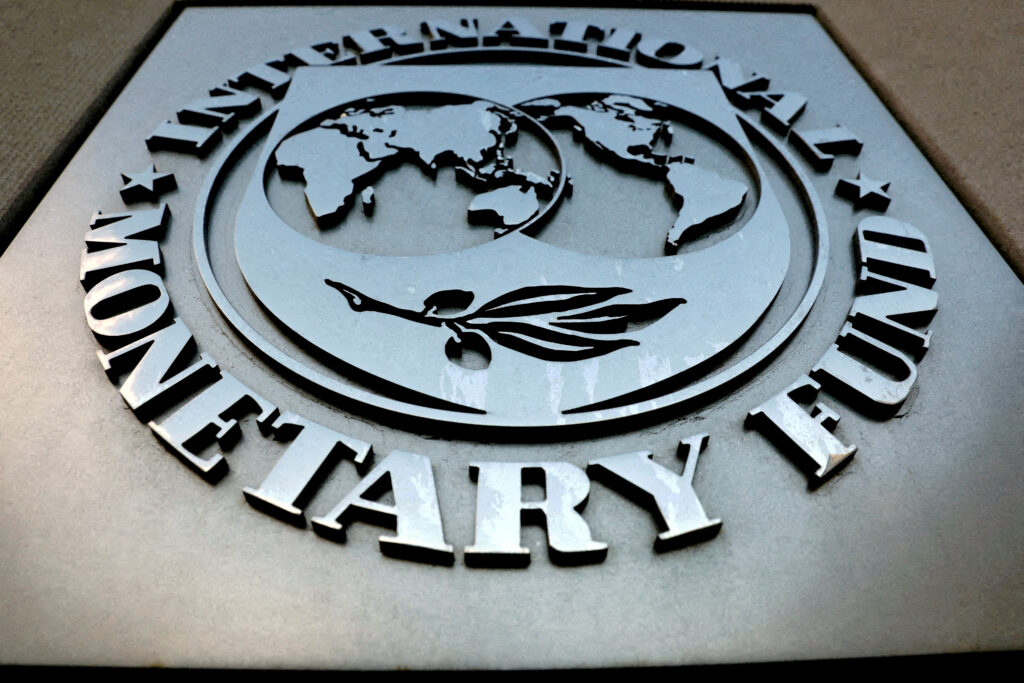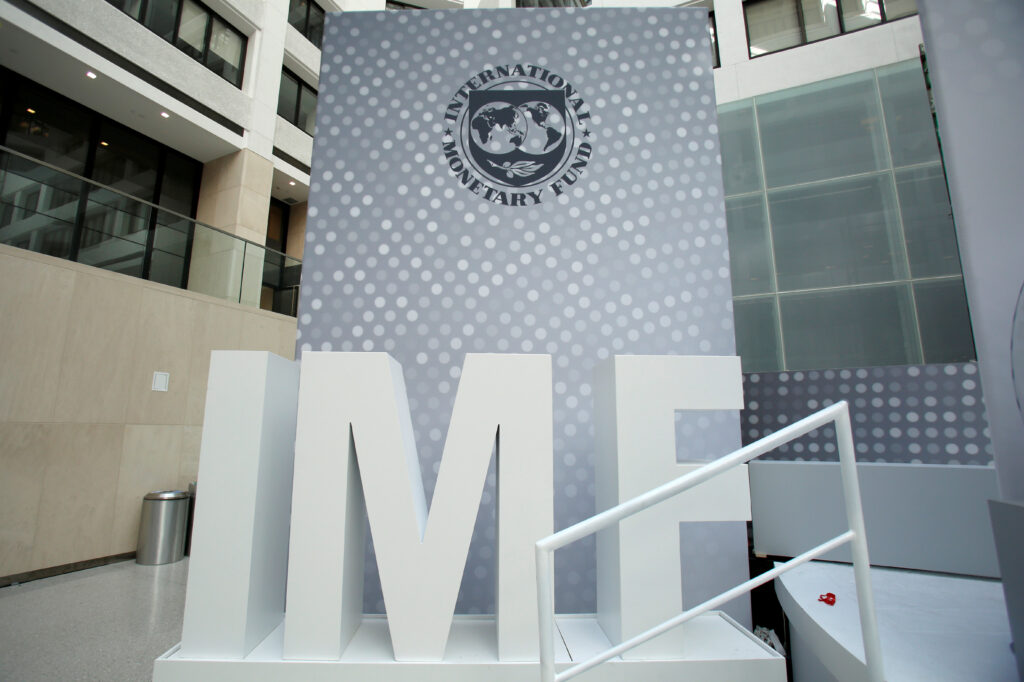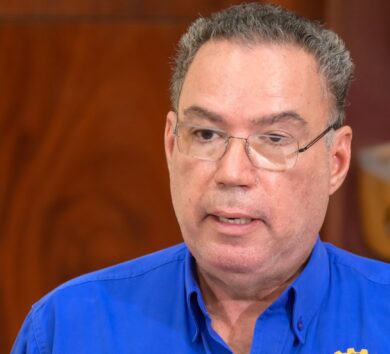
Growth set to decelerate in the coming years as a result

Durrant Pate/Contributor
The International Monetary Fund (IMF) says growth in Grenada is projected to decelerate in the coming years as capacity constraints weigh on tourism growth and investment.
In its just-released 2024 Article IV Mission to Grenada, the IMF Mission team reports that the local economy is projected to grow 3.9 percent in 2024, bolstered by another strong year of tourism activity.
As hotels are already close to their high-season capacity limits, the IMF says growth is projected to gradually slow to 2.7 percent over the medium term.
According to the IMF, “the outlook is sensitive, though, to the level of citizenship-by-investment (CBI) inflows, the degree to which those flows finance new growth-enhancing investment, and the progress in completing the current pipeline of hotel projects (including non-CBI-financed ones). The clearing of the large backlog of CBI applications from the recent surge is projected to result in a large 2024 budget surplus of 9.5 percent of GDP and further accumulation of government deposits.”
The CBI revenues are thereafter expected to normalize to pre-surge levels. Nonetheless, sustained lower primary surpluses anchored in the government’s fiscal rules framework are projected to support a gradual reduction of public debt to the 60 percent of GDP target by the end of the decade.
The economy is experiencing sustained, strong growth
At present, Grenada’s economy is experiencing sustained, strong growth, supported by buoyant tourism. A surge in CBI revenue has resulted in a large budget surplus, an increase in government deposits, and lower public debt.

The IMF Mission team reports that “the key fiscal policy priorities are to improve the management of these potentially volatile CBI revenues, contain the growth of recurrent expenditures, and strengthen public financial management. Rising risks in the non-bank financial system call for better data collection, greater supervisory oversight, and regional supervisory cooperation.”
As such, reducing Grenada’s dependency on imported fossil fuels, boosting competitiveness, and investing in climate resilience are essential to increasing long-term growth. While Grenada’s economy is estimated to have expanded by 4.4 percent in 2023, this has been supported by among-the-fastest growth in stayover arrivals in the Caribbean and a continued uptick in spending per tourist.
Construction activity moderated as major capital projects were brought to completion, and new projects linked to the recent surge in CBI were slow to execute. Inflation declined to 2.2 percent at the end of 2023 as food and fuel price pressures eased.
The current account deficit is estimated to have narrowed, reflecting an increase in tourism receipts, as strong CBI revenues resulted in a large 2023 fiscal surplus of 8 percent of GDP, higher government deposits of 17 percent of GDP, and a decline in the public debt to 75 percent of GDP. Financial system conditions remain stable, with banks registering high levels of liquidity and modest levels of non-performing loans.
Strengthening public finances
The multi-national funding agency has assessed that potential swings in CBI revenue warrant continued careful management of public finances. Given the Grenadian authorities’ cautious treatment of CBI revenues, the IMF opines that the expected normalization of CBI revenue appears manageable.

Nonetheless, the uncertainty over the size of future inflows underscores the need to contain growth in expenditures. The IMF argues that greater prioritization over budget outlays and putting in place measures to improve tax administration and raise tax revenues (e.g., through adjusting the gasoline tax in the context of instituting a symmetric pass-through formula for gasoline prices) would prepare the economy well for potential CBI shortfalls.
The IMF calls for the development of a social protection policy, the establishment of a central beneficiary registry, and the planned introduction of cashless payments, which would improve targeting and oversight of social benefits and create scope to phase out subsidies for cooking gas. The international sovereign financer cites the need for a more coherent and transparent framework for managing CBI revenues, which would strengthen budget and investment planning.
This is in addition to the need for improvements in public investment management. Such a move, the IMF contends, “includes enhancing the procurement process and upgrading the framework for public-private partnerships. To ease execution constraints, there is a need to strengthen project planning and selection and improve capacity in project management, monitoring, and ex-post reviews of performance.”
The IMF highlights credit union lending practices and asset quality, which it says warrant close monitoring, saying, “targeted supervisory measures have facilitated a reduction in non-performing loans and improved provisioning. Given the resumption of rapid credit union lending growth, these steps should be complemented with improved reporting requirements to strengthen supervisors’ ability to monitor asset quality and forbearance practices, ensure adequate risk management practices, and respond quickly in the event of a worsening in credit quality.”







Comments